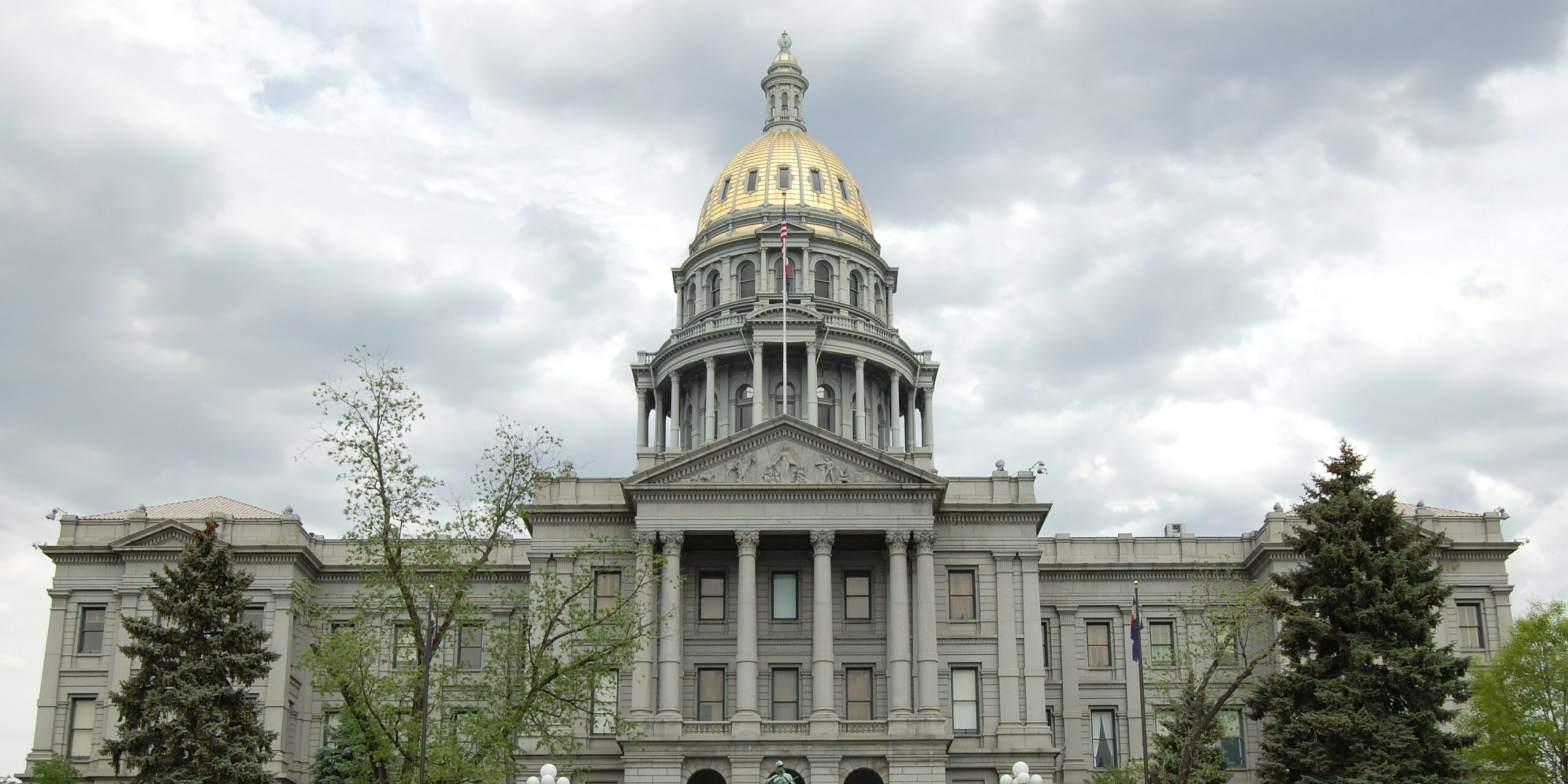
HB24-1447 Transit Reform
GDT > 2024 Colorado State Legislature > HB24-1447 Transit Reform
Apr 17th, 2024
Just before the committee hearing, the bill sponsors announced that the board composition piece would be removed from the bill. We are still waiting to see this…
Concerning transit reform, and, in connection therewith, modifying the duties and composition of the board of directors of the regional transportation district, requiring the department of transportation to implement a bus driver training program, requiring transit providers to coordinate with metropolitan planning organizations on certain matters, and modifying the allowable use of money transferred to the department of transportation in connection with the redevelopment of the Burnham Yard rail property.
GDT Position
OPPOSE
Bill Status
INTRODUCED
Note: As with any bill we oppose, GDT will continue to engage with elected representatives with the aim of amending the bill text to a version that our members feel they can support.
Hands off our elected board!

The RTD Board is made up of 15 directors each represent a district of approx. 220,000 residents. Directors serve four-year terms, and can only be re-elected once. Elections are staggered with eight directors being up for election in presidential election years, and the remaining seven two tears later. It’s a part time role that pays $12,000 / year. Therefore most directors have “professional” full time jobs.
First, a little RTD history…
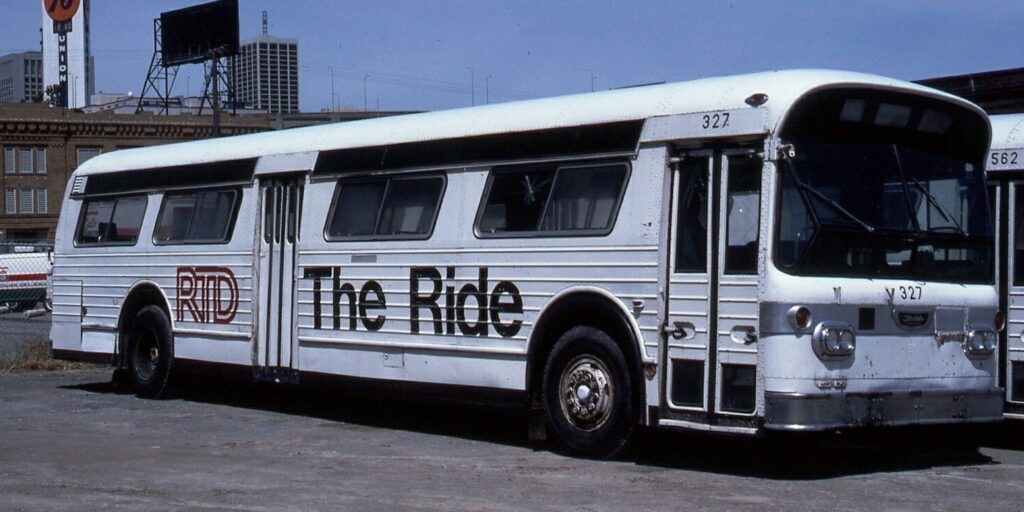
RTD was created in 1969 and acquired the assets of the bankrupt Denver Metro Transit in 1974, initially with an appointed Board of Directors. However widespread dissatisfaction with the appointed board at the time caused a measure to be passed in 1980 to transition to an elected one. The current elected board with district representation started work on Jan 1st 1983.
The appointed board was incompetent…

In the 1970s, peer cities to Denver were planning and constructing subways, metros and light rail. However the appointed board chose to pursue an untested personal rapid transit (PRT) system that was ultimately scrapped after Federal funds for development were withdrawn. It took the elected board 20-years later to build fixed-guideway (rail) transit with the opening of the light rail in 1994!
The appointed board was unaccountable…
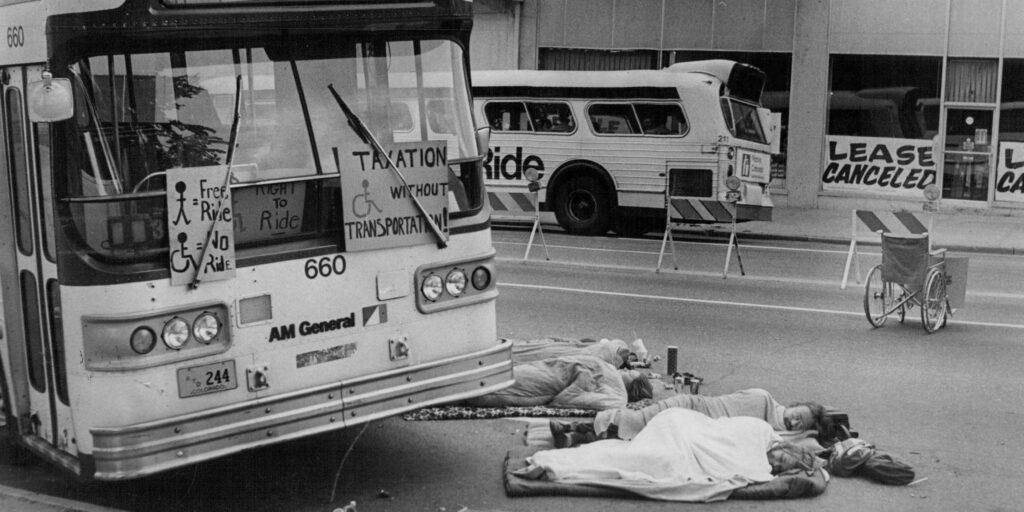
In an episode of extraordinary tone-deafness, the appointed board refused to include wheelchair lifts in an order for 83 new buses which led to the “Gang of 19” protesting by chaining wheelchairs to buses and lying down in the street for days.
The appointed board was corrupt…

Leasing a private jet to attend a national transit meeting and approving the gift of a fully-equipped Winnebago RV to the board chairman from the 16th Street Mall contractor were two of the things the appointed board allowed public funds to be spent on.
Size matters…
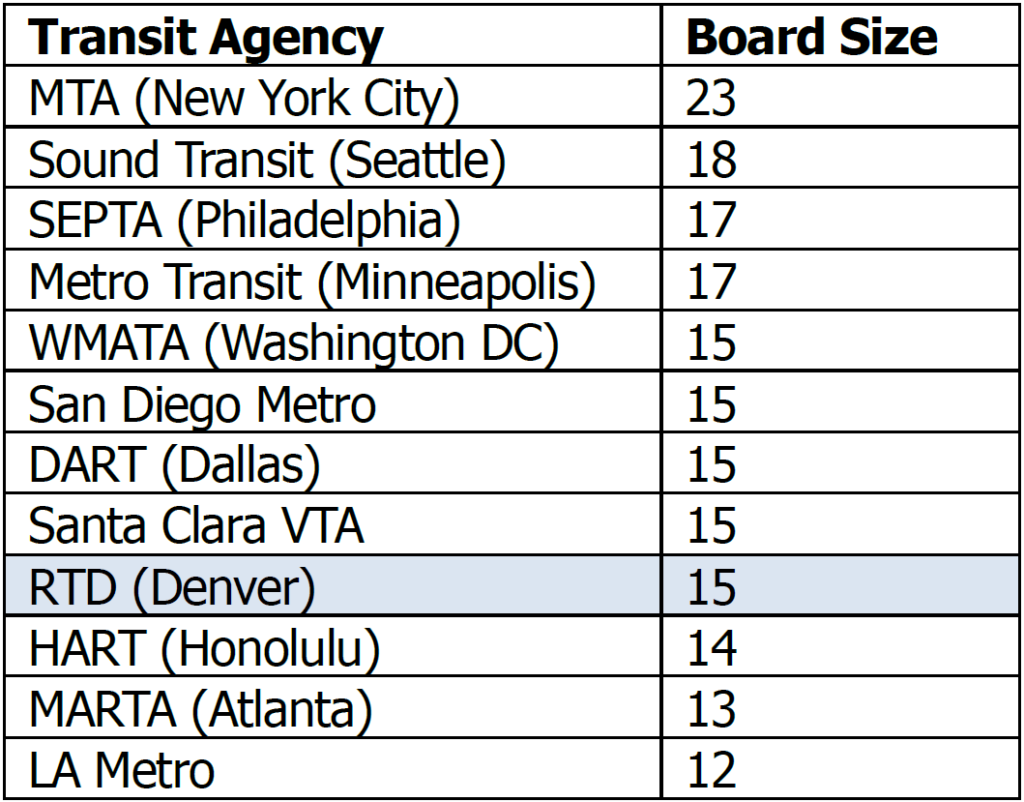
While the language of HB24-1447 talks about transit agency boards being made up of an average of 7 directors, this includes a lot of the smaller agencies that just run fixed bus routes and a couple of paratransit vans. For a multi-modal (i.e. bus and rail) transit agency of RTD’s size, 15 directors is appropriate when you compare it to its peers.
But there’s some good bits on RTD accountability in the bill…
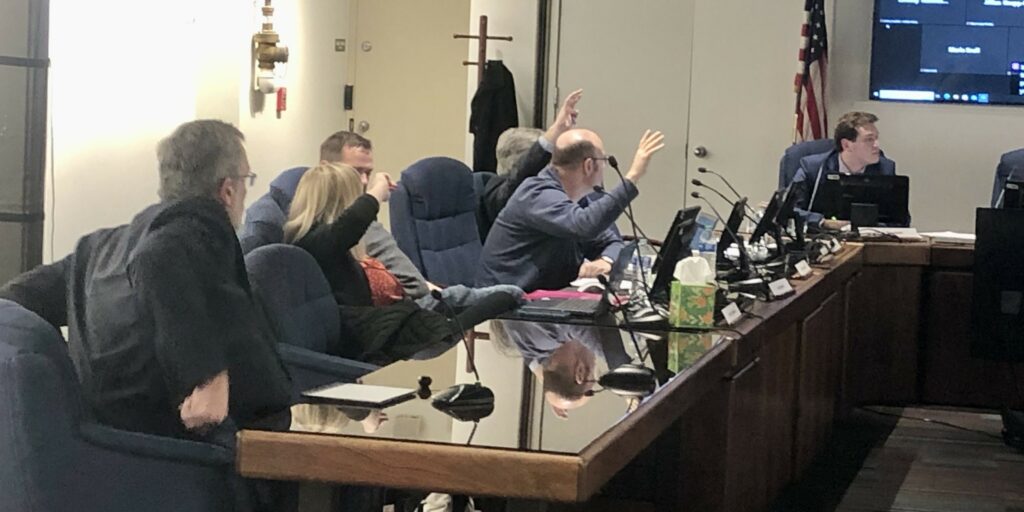
Make no mistake, RTD accountability reforms are sorely needed. However the current board can and should take the lead in directing agency staff to to publish financial, budget, capital project, safety and headcount metrics on a monthly basis with more detailed reports produced quarterly and annually as appropriate. Accountability reforms should be codified in the RTD Act, for the Board and staff to follow.
Part of the reason the agency is in a mess is because of the Board…?
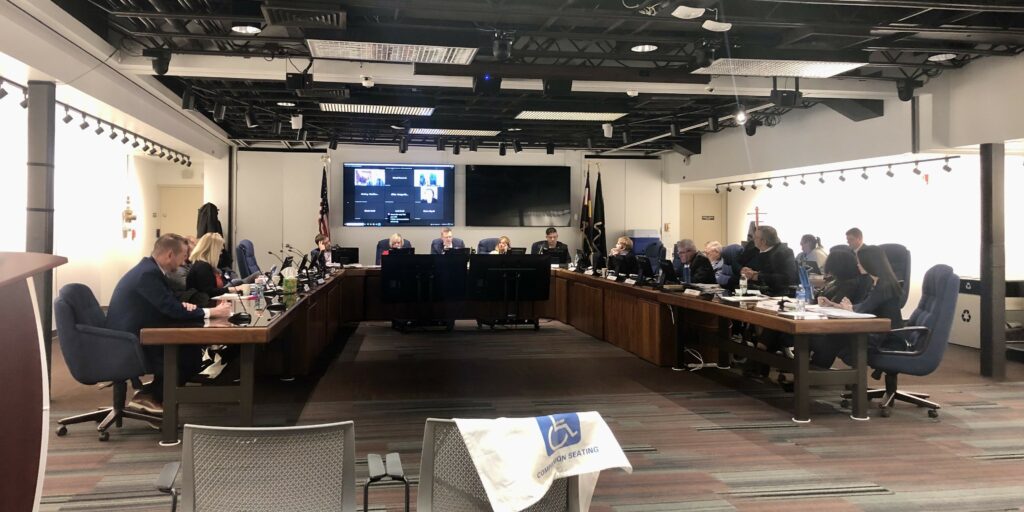
The RTD Board needs to move beyond being seen as simply a “rubber stamping” device for staff’s initiatives. Directors should be expected to devise, consult on, discuss and implement policies to improve RTD. But it should always be remembered that, if public doesn’t like the policies and governance efforts of the board, they can vote Directors out!
The current board is representative of the districts RTD serves…
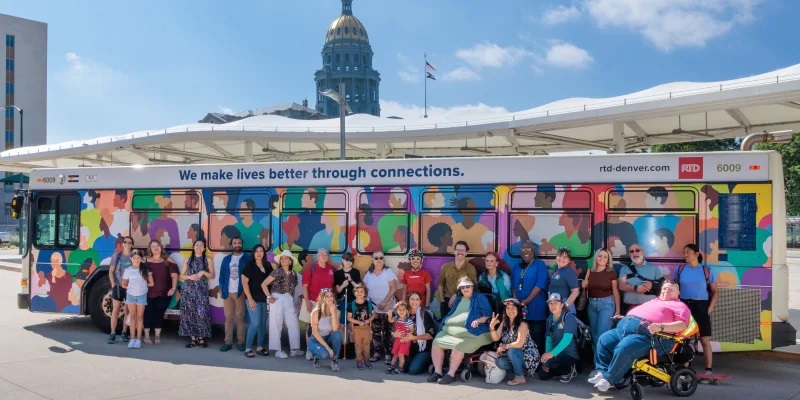
As part of their duties, RTD Directors perform a key transit liaison role within their communities. This is helped by it being easier for candidates from minority neighborhoods to stand and win election to the Board for their district. The current system minimizes community disenfranchisement and promotes representation.
Funding?
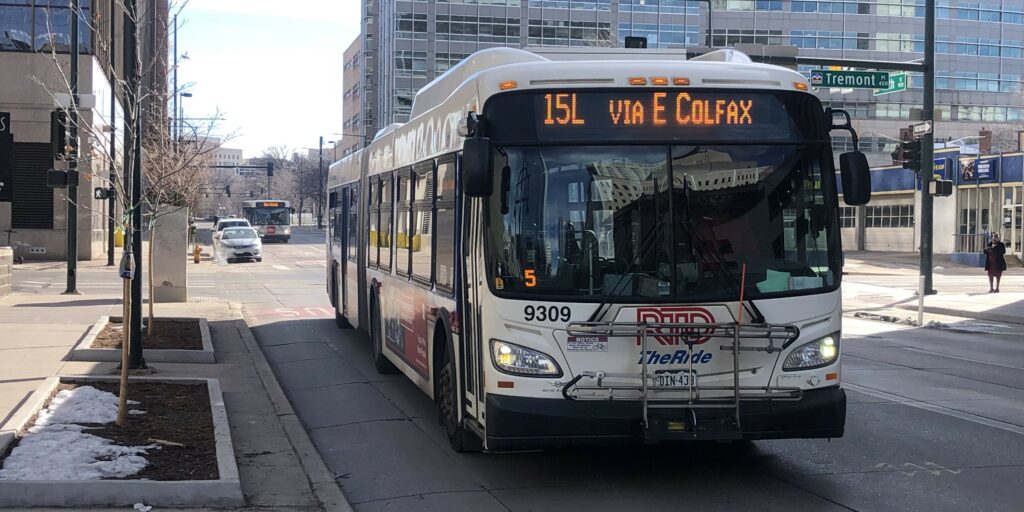
HB24-1447 includes no new significant funding for transit or RTD. This is also one of the main reasons why we say: